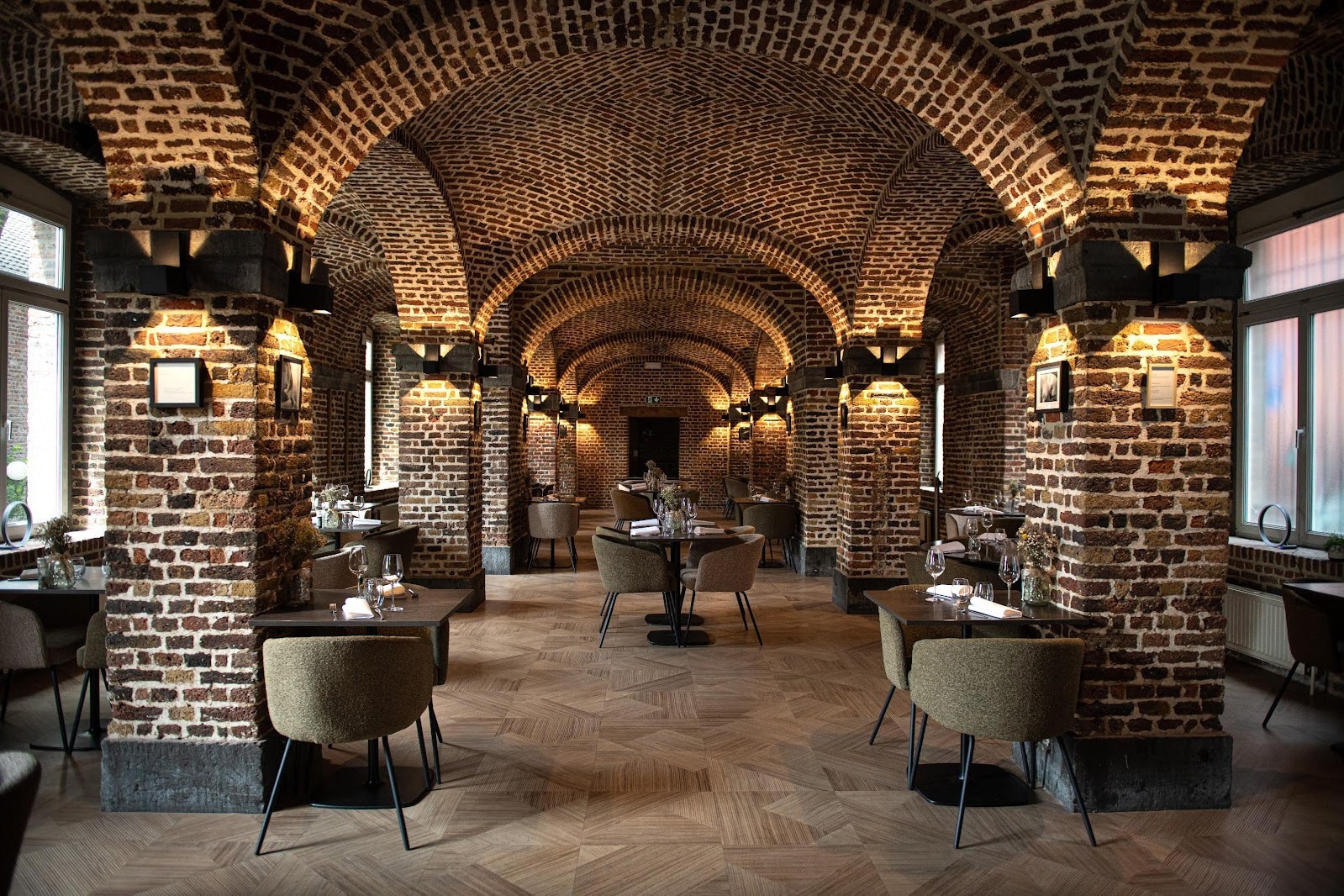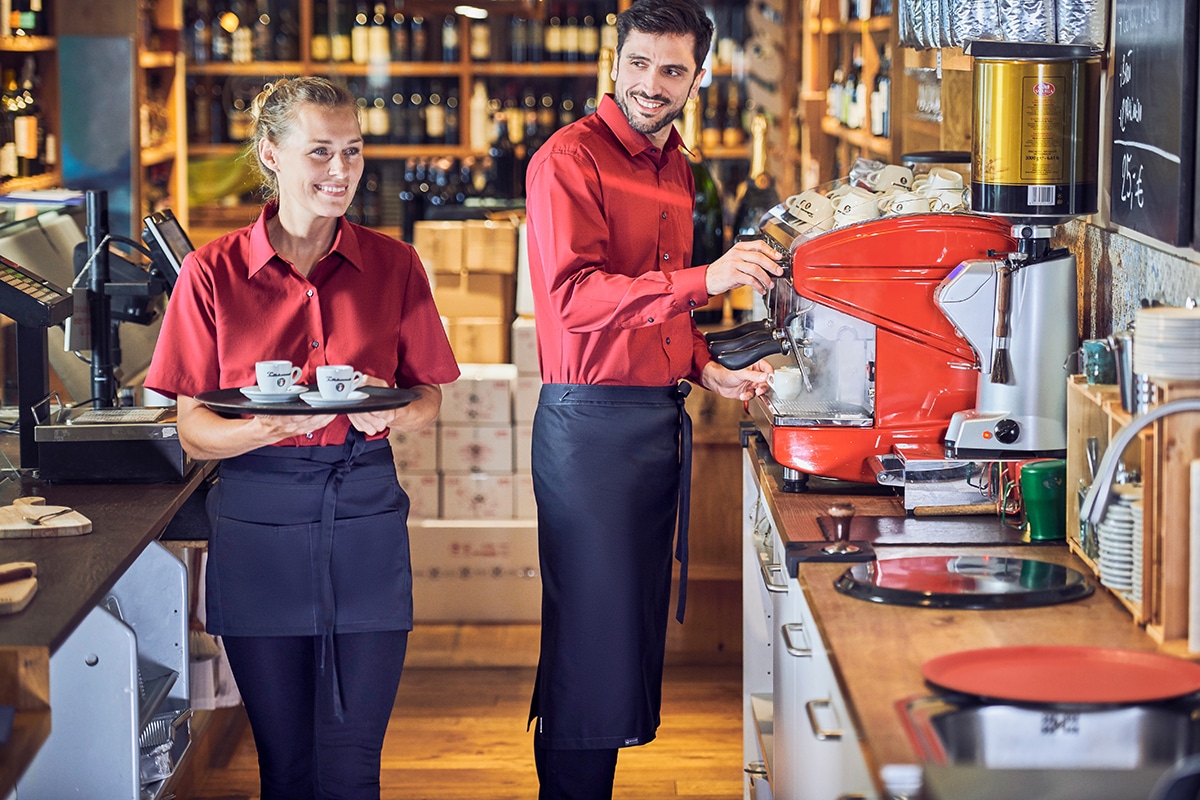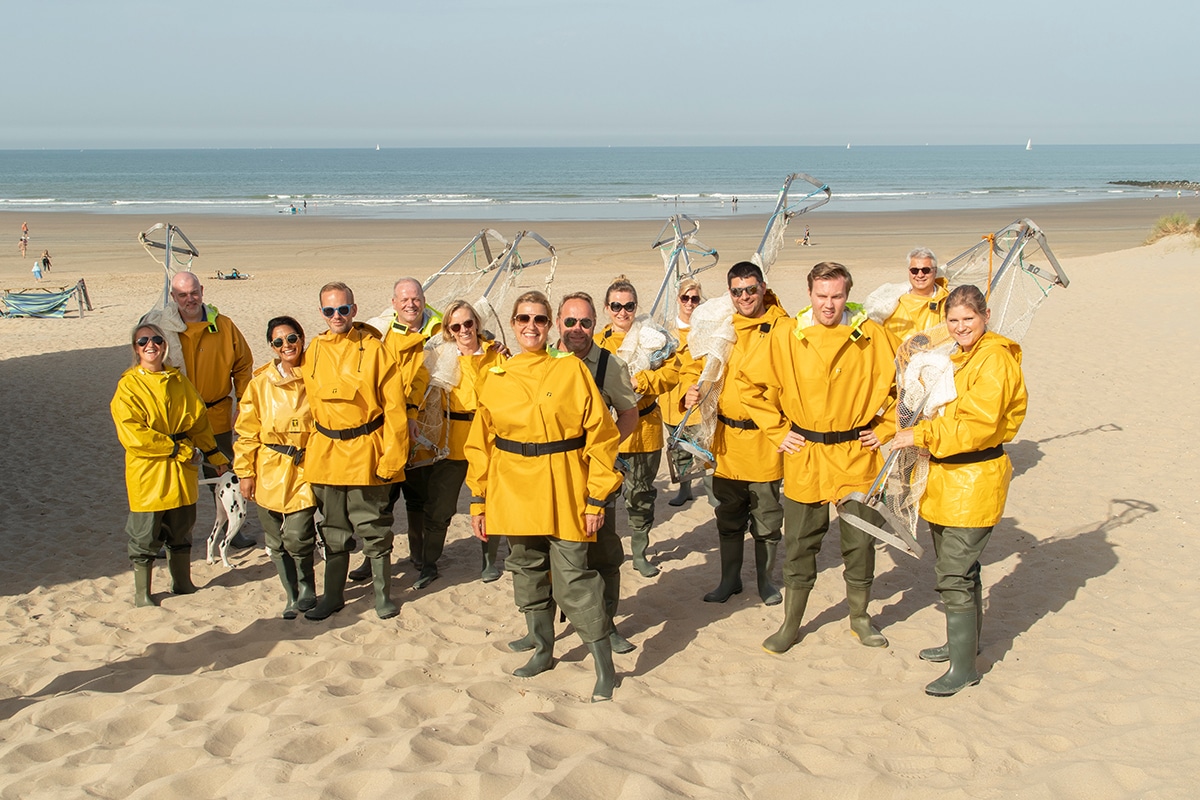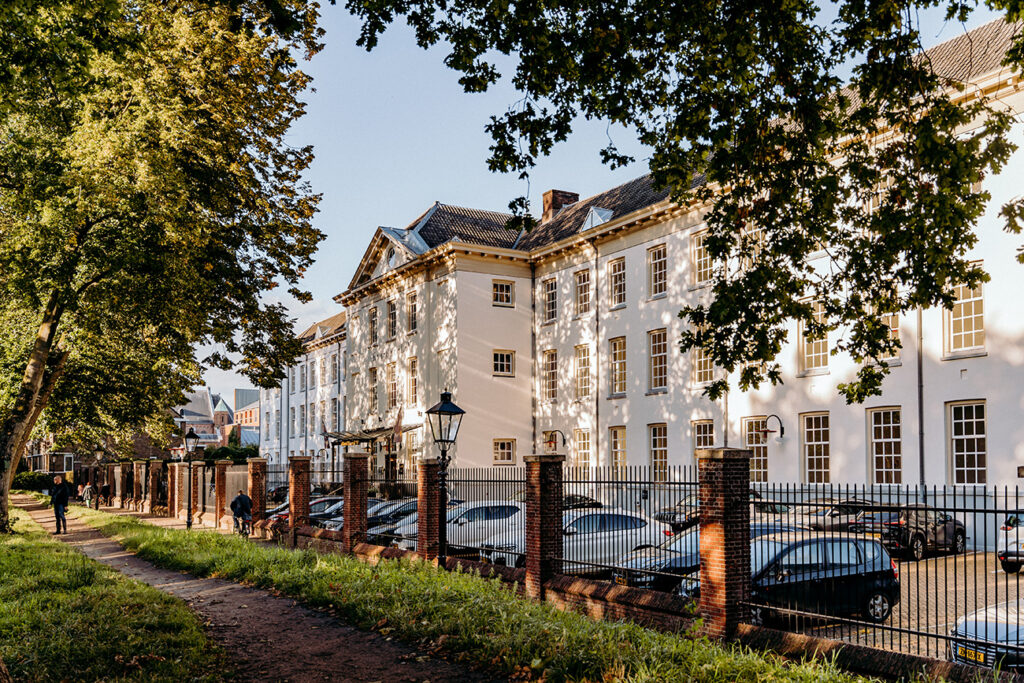
Hotel Grand Karel V: 'Where sustainability is not possible, we want to compensate elsewhere'
Doing more in other areas because of monument status
Grand Hotel Karel V is located in a centuries-old listed building. So an exterior renovation to make the hotel more energy efficient or solar panels on the roof or in the garden are out of the question. "If it cannot be done in one place, we have to make up for it somewhere else," says Maxime Busnel, Commercial Manager of the Utrecht five-star hotel. "After all, sustainability is an integral part of our operations, not only for guests but also for employees."
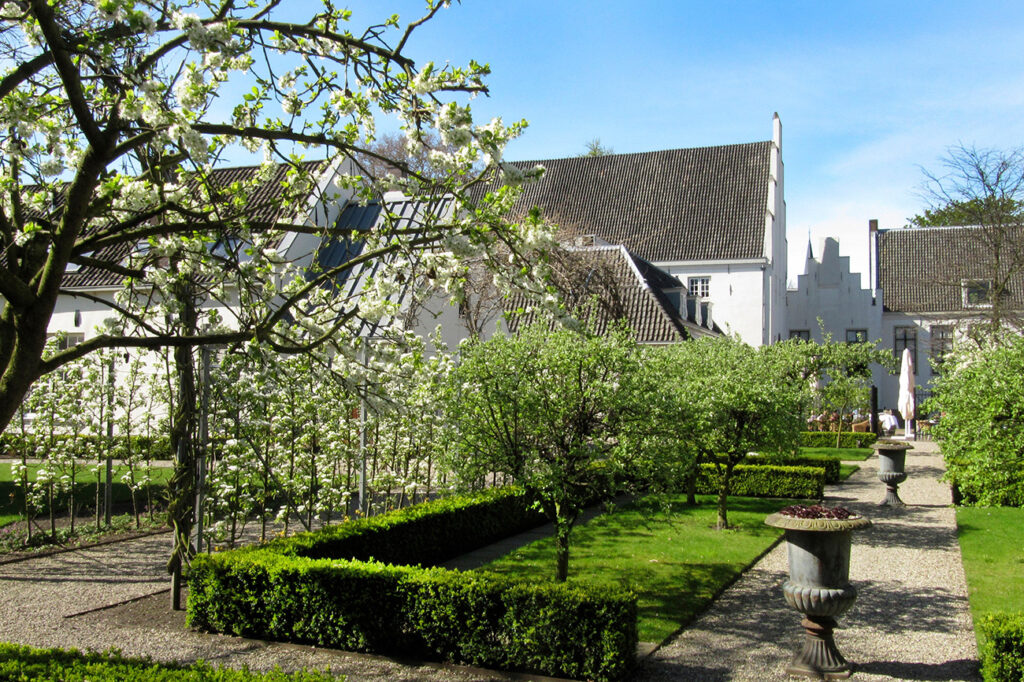
The fact that Grand Hotel Karel V already boasts five stars by no means means means that things are quiet in Utrecht's city centre. The hotel with its centuries-old courtyard garden is on the eve of a major upgrade of a number of monumental rooms. Busnel: "We tackled the rooms in the Roman Wing first. The furnishings dated from 2008 and needed replacing. For instance, there were huge bathrooms in them, which is not really up to date. If all goes well, the first guests will be able to move into the renovated rooms from 1 July. Next summer, the restaurant will get a soft renovation and hopefully from next year we can tackle the Napoleonic Wing. After all, we are in an old complex that requires a lot of maintenance."
Monumental status
Major sustainability challenge is the age and monumental status of the building. "Energy consumption is therefore higher than in most hotels, also because the monumental parts of the complex have single-glazed windows. But sustainability is more than just energy. So we are very active in other areas to make our operations more sustainable."
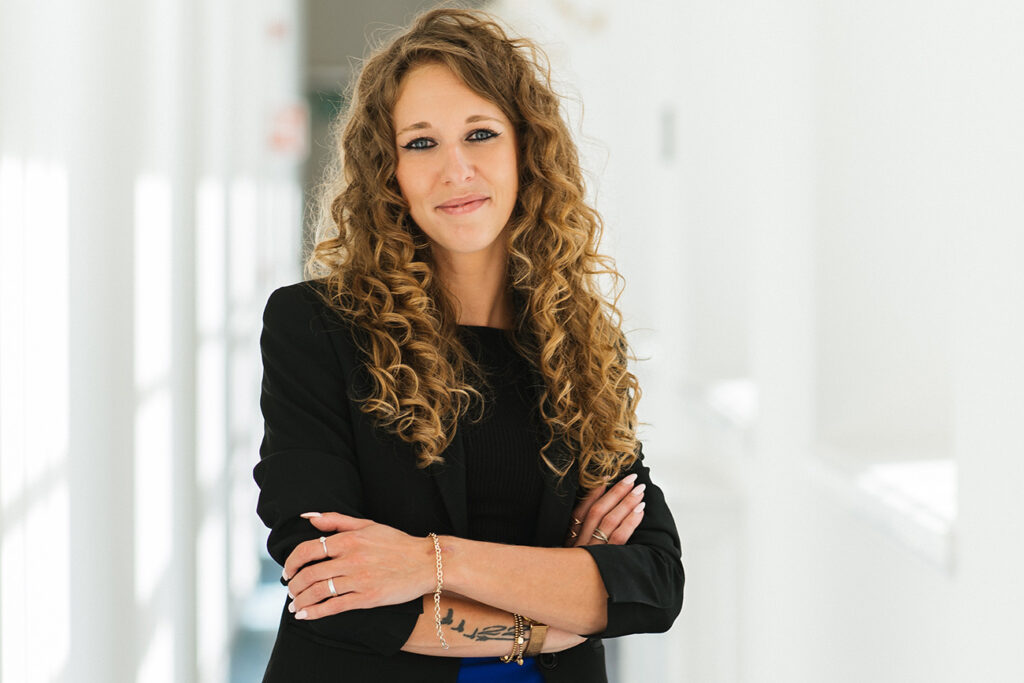
For instance, there are several social initiatives that Karel V contributes to and the kitchen uses herbs and crops from its own herb garden. There is an edible flower garden and the original orchard of apples, pears and mirabelle is put to good use for homemade gin, eau de vie, mirabelle beer and desserts. "The original building dates back to the 14th century and served as an autarkic - self-sufficient - monastery for centuries. Even then, the garden played an important role in providing food," Busnel says.
Karel V also tries to be as circular as possible, sourcing all ingredients for its kitchens as close to Utrecht as possible. "Our director is a board member of the Maarschalkerweerd vegetable garden, a vegetable garden where people with a distance to the labour market work. They also supply some of our vegetables."
Furthermore, Karel V has a partnership with De Clique, a Utrecht-based initiative where kitchen waste is collected and processed into compost on which crops are grown. "Which we then feature on our, partly vegetarian, menu," says Busnel. "On our coffee grounds, for example, they grow oyster mushrooms. By cooperating with Purezza, where we serve flat and sparkling tap water in glass bottles, we save substantially on the use of plastic. As a result, the mineral water does not have to be specially pumped up from the soil of the Utrechtse Heuvelrug."
Compensate
Solar panels may not be installed on the roof and in the garden, but Karel V does buy green energy to offset emissions as much as possible. When renovating the rooms, we also tried to re-upholster as much of the furniture that was still good as possible instead of replacing it. What the hotel could no longer reuse was given away to charity.
When the renovation is over, guests will probably no longer be able to choose from lots of different individual products in the bathroom. We are currently investigating whether sustainability measures can be taken there too. "Quite a tricky issue," Busnel believes. "After all, we are a luxury hotel and guests expect a certain standard. That does not always correspond to sustainability or environmental friendliness. Actually, for example, our guests expect their towels to be changed every day. So we do offer that, even though there are signs posted in the rooms where bath linen can be used again if it has been hung up."
In any case, Busnel notices that individual guests still hardly select a hotel on sustainability criteria. "However, for the business market, where companies book rooms or meeting rooms, sustainability does play an increasing role."
Former monastery and military hospital
Hotel Karel V is housed in a monastery dating back to the 14th century. It was inhabited by knights and priests who had taken vows of poverty, chastity and obedience. Between 1823 and 1990, the building served as a military hospital. In 1992, renovation work began on the complex, which has since been declared a national monument. Remains of a mantelpiece with Charles V's coat of arms: the double-headed eagle, carved in sandstone, were found. This can now be admired in the Karel 5 restaurant.
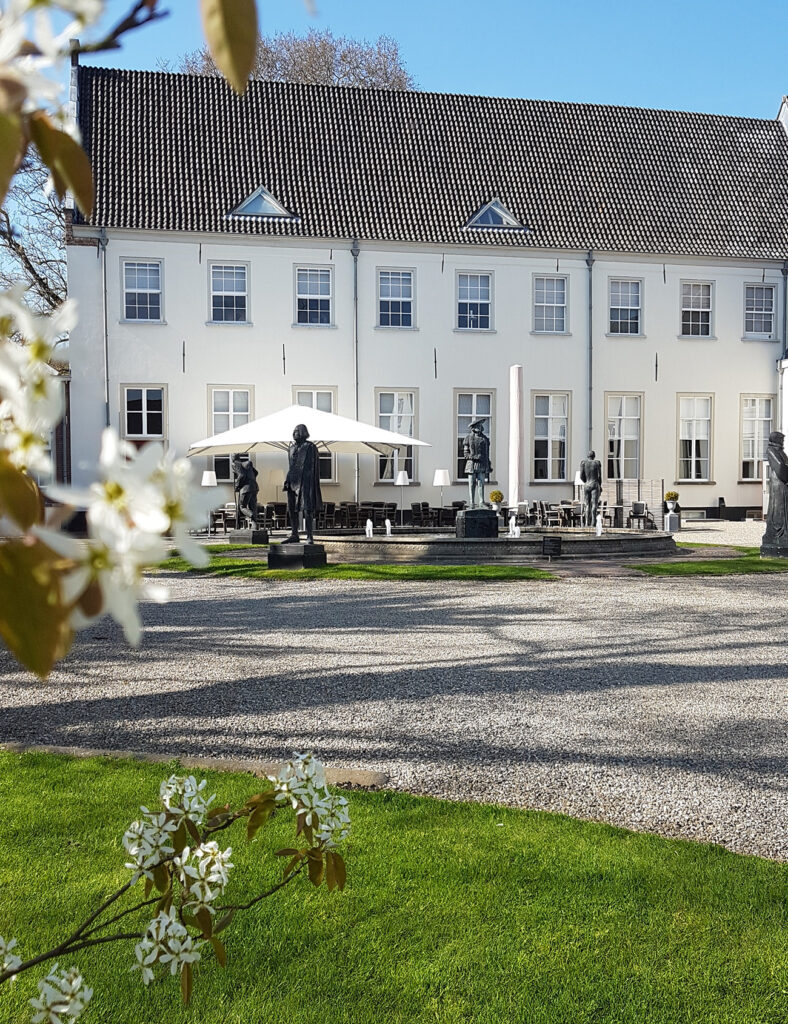
Separate room type
"Guests, as well as our own employees, are encouraged to come to the hotel by public transport or bicycle as much as possible," Busnel continues. The most rigorous intervention in daily operations is that the hotel rooms on the top floor are not rented out in summer when outside temperatures are very high. "Those rooms are under a sloping roof," Busnel explains. "During the past hot summers, those were almost impossible to cool. It takes ridiculous amounts of energy to run an air conditioning system there. Last year, we therefore chose to offer those rooms as a separate room type and take them out of rent during very hot periods by closing off the entire floor."
Green Key Gold
All efforts on sustainability and the environment have resulted in Karel V being awarded the 'Green Key Gold' sustainability label. "You can see from that that we really pay attention in many areas," says Busnel. "Especially when you know that we cannot score many points in the area of energy." The criteria used by Green Key are not monitored by an external consultant or special sustainability manager but by an internal 'mini-taskforce' that includes the director and the front-office manager. That group continuously keeps its finger on the pulse. "We are, of course, a stand-alone hotel," explains the commercial manager. "We don't belong to a chain. On the one hand, that makes it easy to implement changes quickly, but at the same time it means that there is no overarching sustainability strategy that can be imposed or rolled out from above. But in my opinion, we are doing all we can to operate as green as possible. We owe it to our standing. Because of our beautiful inner garden - truly an oasis in the city - we have a very green look on the outside. We want to extend that inside as much as possible," Busnel concludes. "And again: where sustainability is not possible or allowed in one place, we want to make up for it in another place."
The courtyard garden - an oasis in the city centre
Besides monumental plane trees and a classic fountain, Hotel Karel V's city gardens house an original orchard with apples, pears and mirabelles, as well as the herb garden in front of the Karel 5 restaurant.
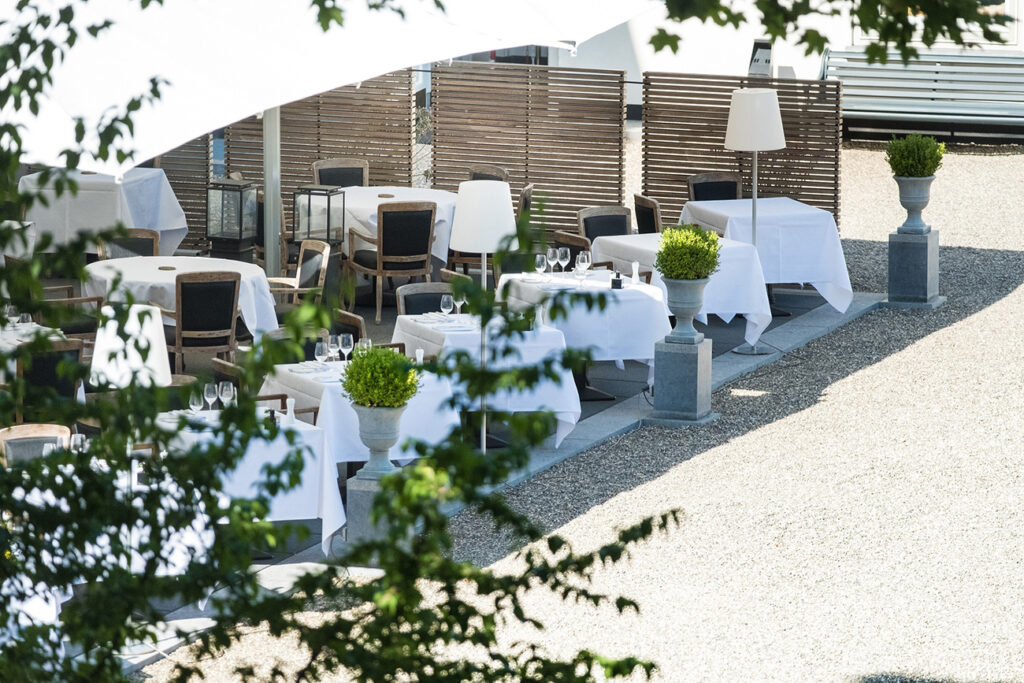
Michelin star for Karel 5 restaurant
The classical medieval dining room of the complex houses restaurant Karel 5. Just before this edition of HOTELVAK went to press, Chef de Cuisine Leon Mazairac was told that Karel 5 has been awarded its first Michelin star. This is what the jury of the prestigious restaurant guide wrote: "This historic oasis unites luxury with authenticity. You will dine under crystal chandeliers, admire old paintings and sculptures, and have lunch on the blissful garden terrace in fine weather."
Gerelateerde artikelen
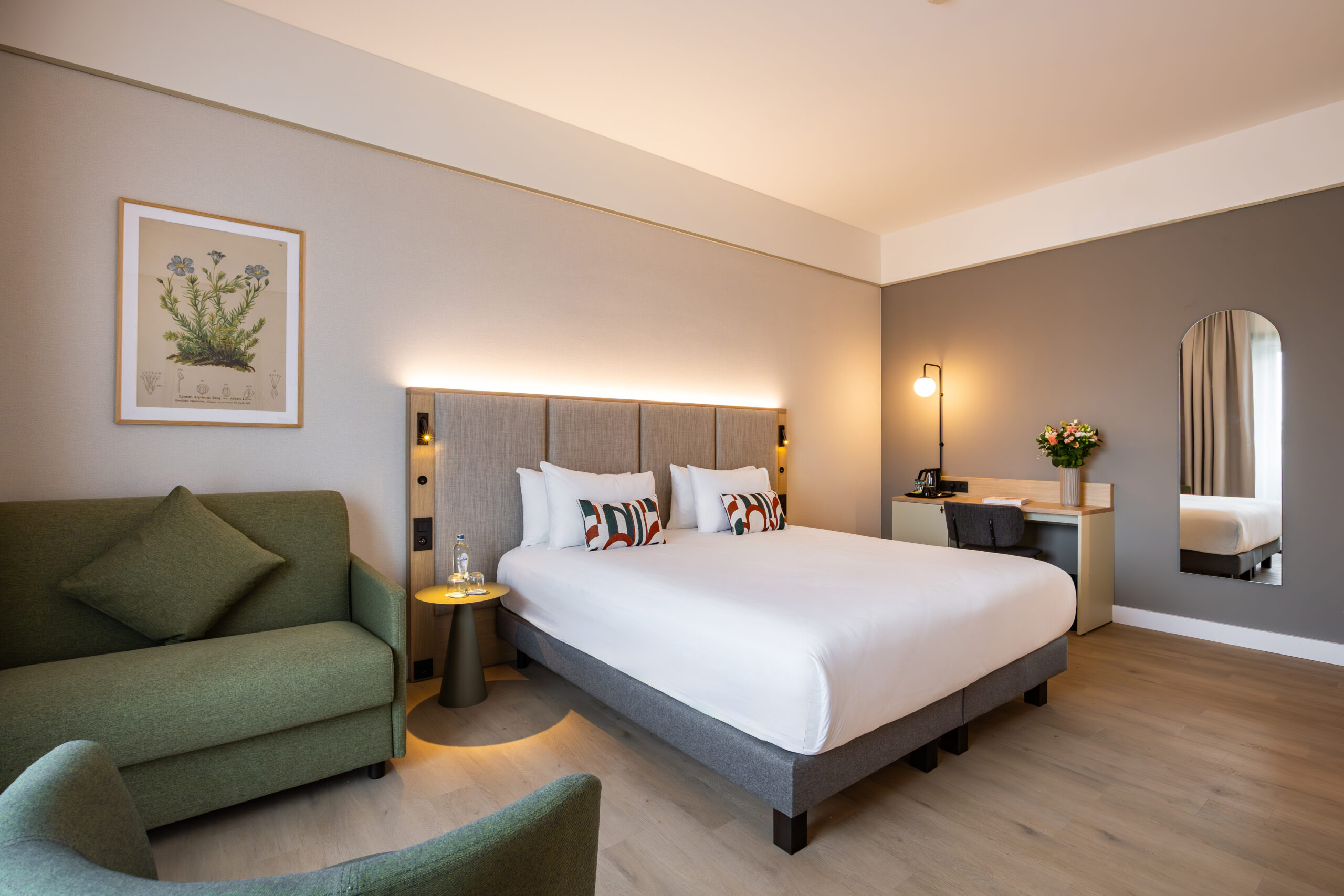
Handwritten Collection expands in Belgium and embraces the beauty of botanicals with a new hotel in Liege, in partnership with Step Partners and Alchemy Step Hotel Group
